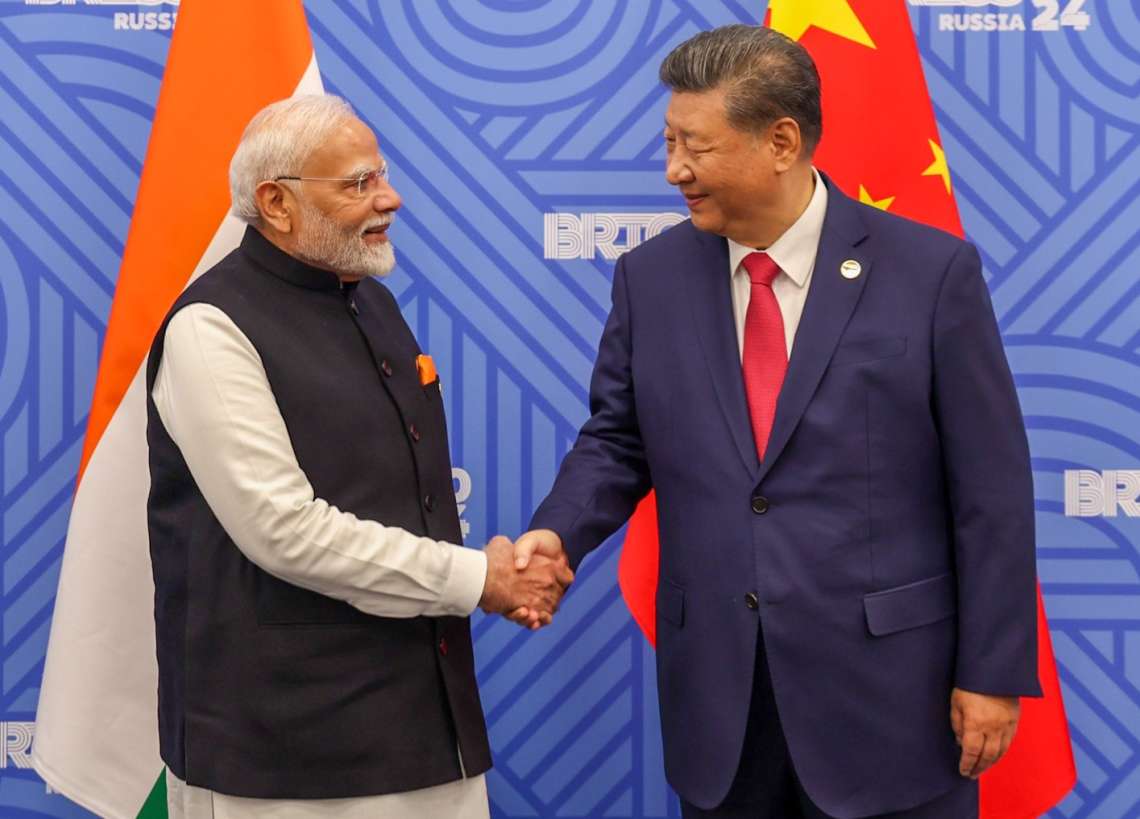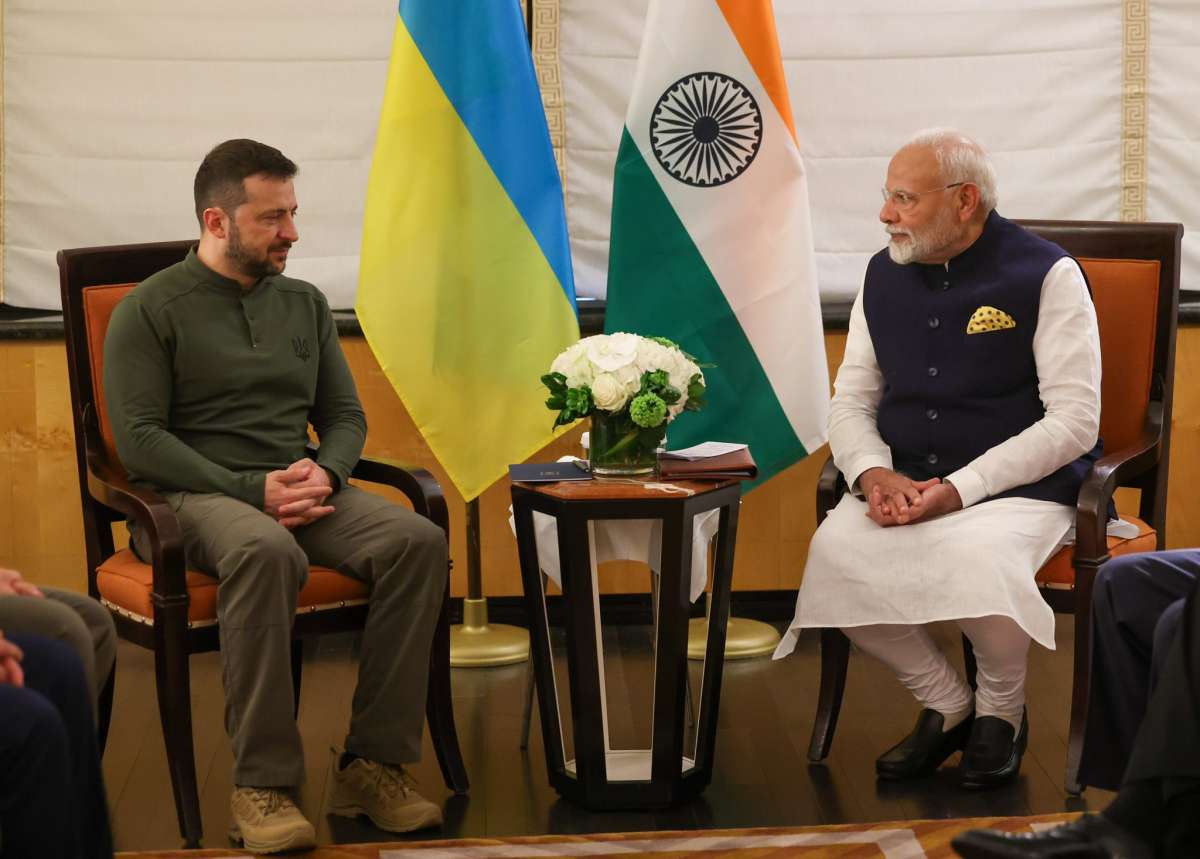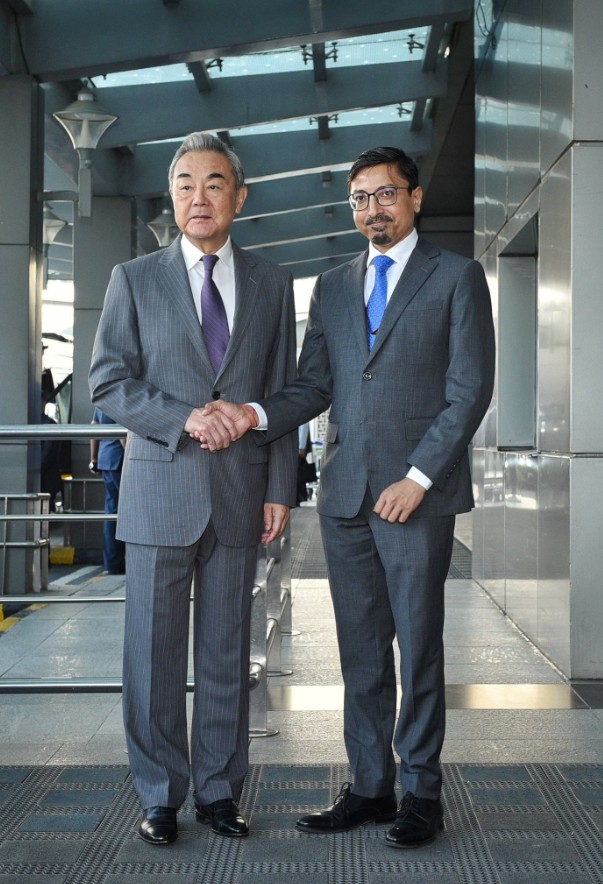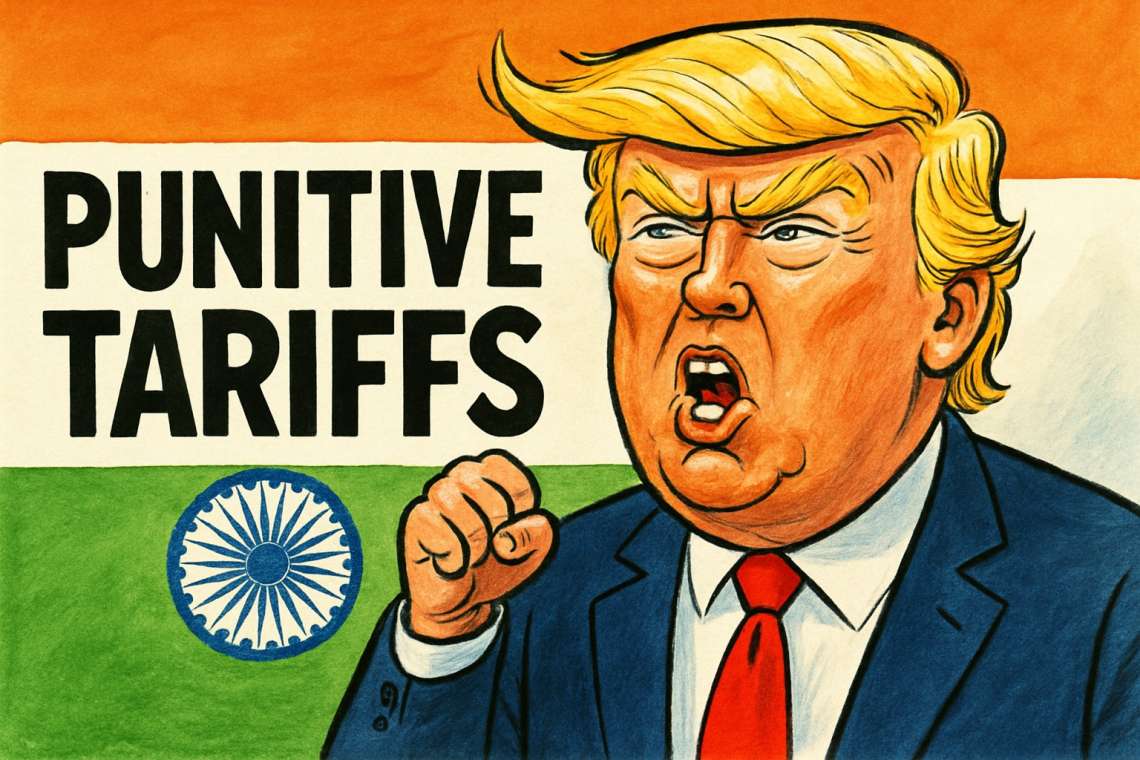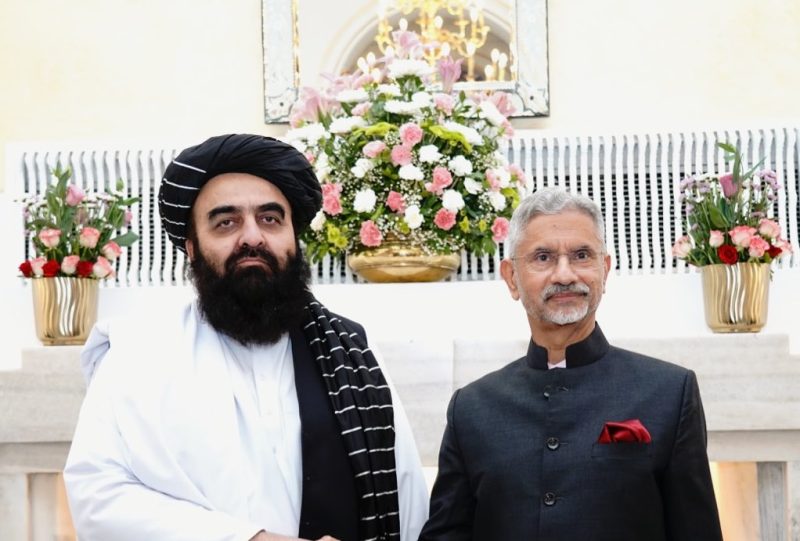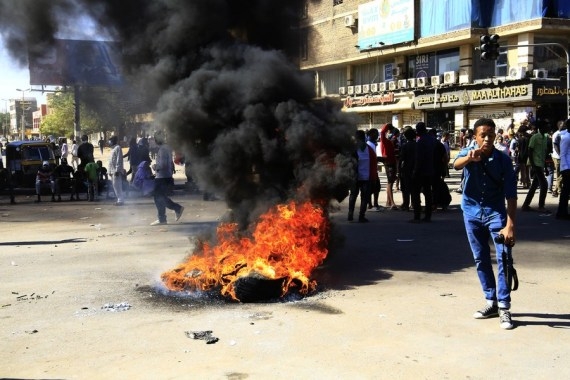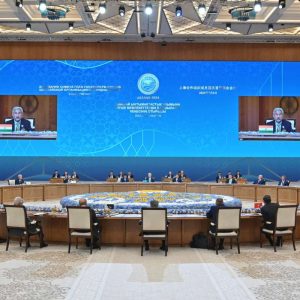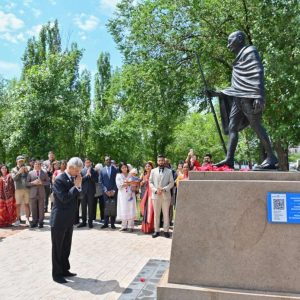Analysts suggest that Xi is intent on using the Tianjin summit to showcase an emerging multipolar world order, distinct from Western-led institutions
Chinese President Xi Jinping will personally welcome Prime Minister Narendra Modi and Russian President Vladimir Putin to the Shanghai Cooperation Organisation (SCO) summit later this week, in what Beijing is presenting as a powerful demonstration of Global South solidarity in the face of escalating trade and geopolitical tensions with Washington.
The summit, to be held in Tianjin on 31 August and 1 September, will be the largest gathering since the bloc was founded in 2001. Leaders from Central Asia, the Middle East, South Asia, and Southeast Asia have been invited, with Chinese officials emphasising the SCO’s growing importance as what they call “an important force in building a new type of international relations”.
For Modi, this will be his first visit to China in more than seven years and his first encounter with Xi Jinping since the deadly clashes in the Galwan Valley in 2020 strained relations between the two neighbours. He last shared an international stage with Xi at the BRICS summit in Kazan earlier this year.
Analysts suggest that Xi is intent on using the Tianjin summit to showcase an emerging multipolar world order, distinct from Western-led institutions.
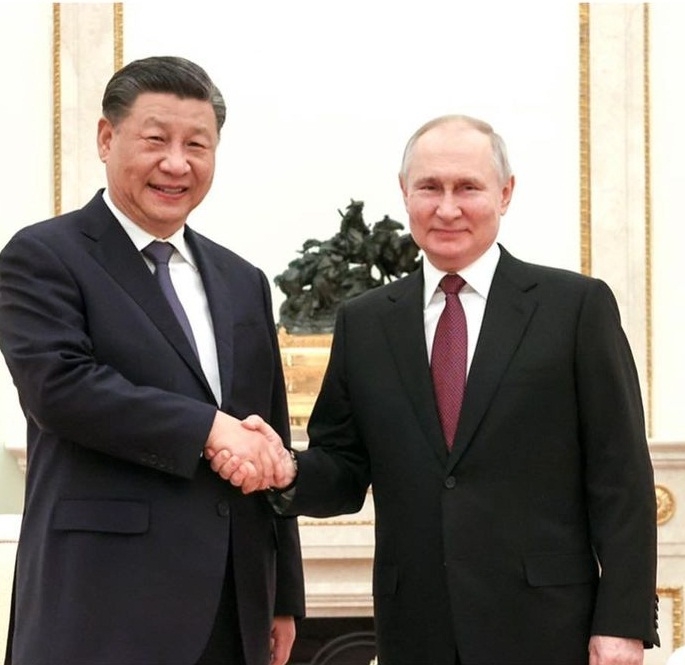
“Xi will want to use the summit as an opportunity to showcase what a post-American-led international order begins to look like,” said Eric Olander, editor-in-chief of The China-Global South Project. “All White House efforts since January to counter China, Iran, Russia, and now India have not had the intended effect. Just look at how much BRICS has rattled Donald Trump, which is precisely what these groups are designed to do. This summit is about optics – really powerful optics.”
Russian officials, meanwhile, have indicated their hopes that the SCO will provide a platform for trilateral dialogue between Moscow, Beijing, and New Delhi at a time when relations among the three major powers are under close international scrutiny.
In New Delhi, the Ministry of External Affairs confirmed that Modi will attend the summit at Xi’s invitation. Tanmay Lal, a senior MEA official, told reporters that the programme includes a welcome banquet hosted by Xi on 31 August, followed by the main summit on 1 September. Modi is also expected to hold bilateral meetings with several leaders on the sidelines.
Lal underlined India’s long-standing engagement with the SCO, recalling Modi’s participation in summits in Qingdao (2018), Bishkek (2019), Tashkent (2022), and New Delhi in virtual format in 2023. He noted that India’s presidency last year saw the adoption of a joint statement on countering radicalisation and terrorism, as well as initiatives on innovation, youth empowerment, traditional medicine, and shared Buddhist heritage.
One of India’s signature contributions was the designation of Varanasi as the first-ever SCO cultural and tourism capital for 2022-23. “All these initiatives and events have been well received by SCO member states,” Lal said.
Security remains a central theme for New Delhi within the SCO framework. India chaired the grouping’s Regional Anti-Terrorist Structure (RATS) Council in 2021-22, and Lal highlighted that National Security Adviser Ajit Doval, Defence Minister Rajnath Singh, and External Affairs Minister S Jaishankar have all taken part in recent SCO ministerial meetings.
The SCO currently comprises 10 members: China, India, Russia, Pakistan, Kazakhstan, Kyrgyzstan, Tajikistan, Uzbekistan, Iran, and Belarus. It also counts several observer states and dialogue partners. India, initially an observer from 2005, became a full member in 2017. It has since chaired both the Council of Heads of Government (2020) and the Council of Heads of State (2022-23).
For Beijing, the upcoming summit is an opportunity to underline the SCO’s relevance at a time when Western alliances, such as NATO and the G7, have sought to push back against Chinese and Russian influence. A Chinese foreign ministry official described this year’s summit as the bloc’s most significant yet, highlighting its ambition to broaden cooperation beyond security to areas such as economic connectivity, trade, and cultural exchange.
Modi’s attendance also carries major bilateral significance. Relations between India and China remain tense after the border clashes in eastern Ladakh in 2020, though both sides have held several rounds of talks to ease military stand-offs.
Xi’s invitation to Modi was formally delivered by Chinese Foreign Minister Wang Yi during his visit to India earlier this month. According to the Prime Minister’s Office, Modi expressed support for China’s SCO presidency and said he looked forward to meeting Xi in Tianjin. “Stable, predictable, and constructive ties between India and China will contribute significantly to regional and global peace and prosperity,” the statement read.
Observers say the Tianjin summit will be a crucial test of whether the SCO can evolve into more than a symbolic counterweight to Western-led forums. With Modi, Putin, and Xi sharing the same stage, the gathering is set to be closely watched not only for its joint statements but also for its gestures of camaraderie or discord.
For China, the spectacle of welcoming both Modi and Putin at a time when Washington is escalating tariffs and hardening its stance on Beijing is meant to underline the resilience of alternative alliances. For India, participation signals continued engagement with multilateral platforms even as it navigates a careful balancing act between East and West.
As one analyst put it, “What matters most about Tianjin is less what is signed, and more who is seen together.”


